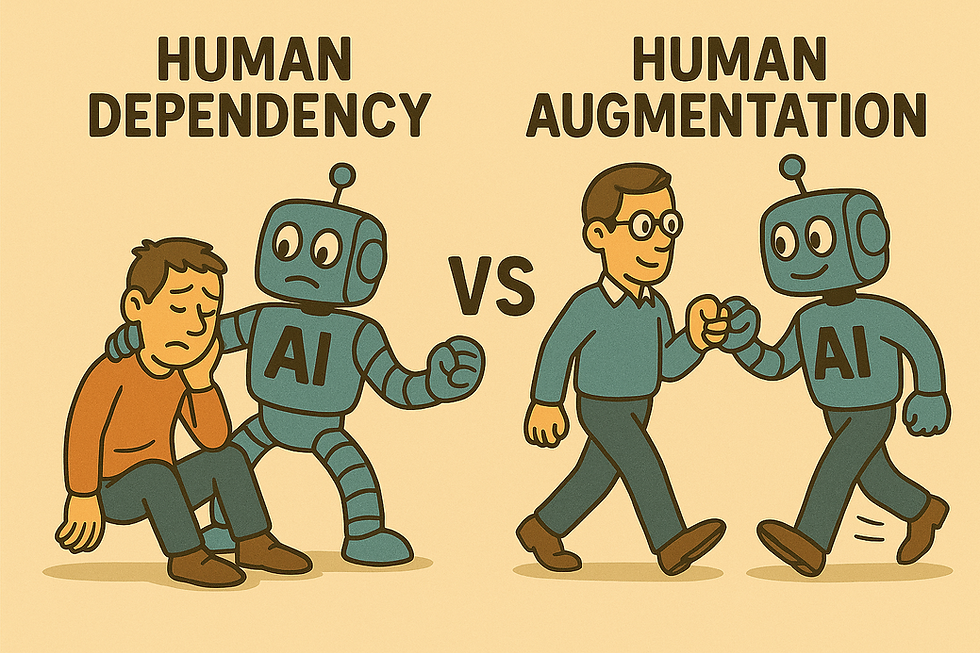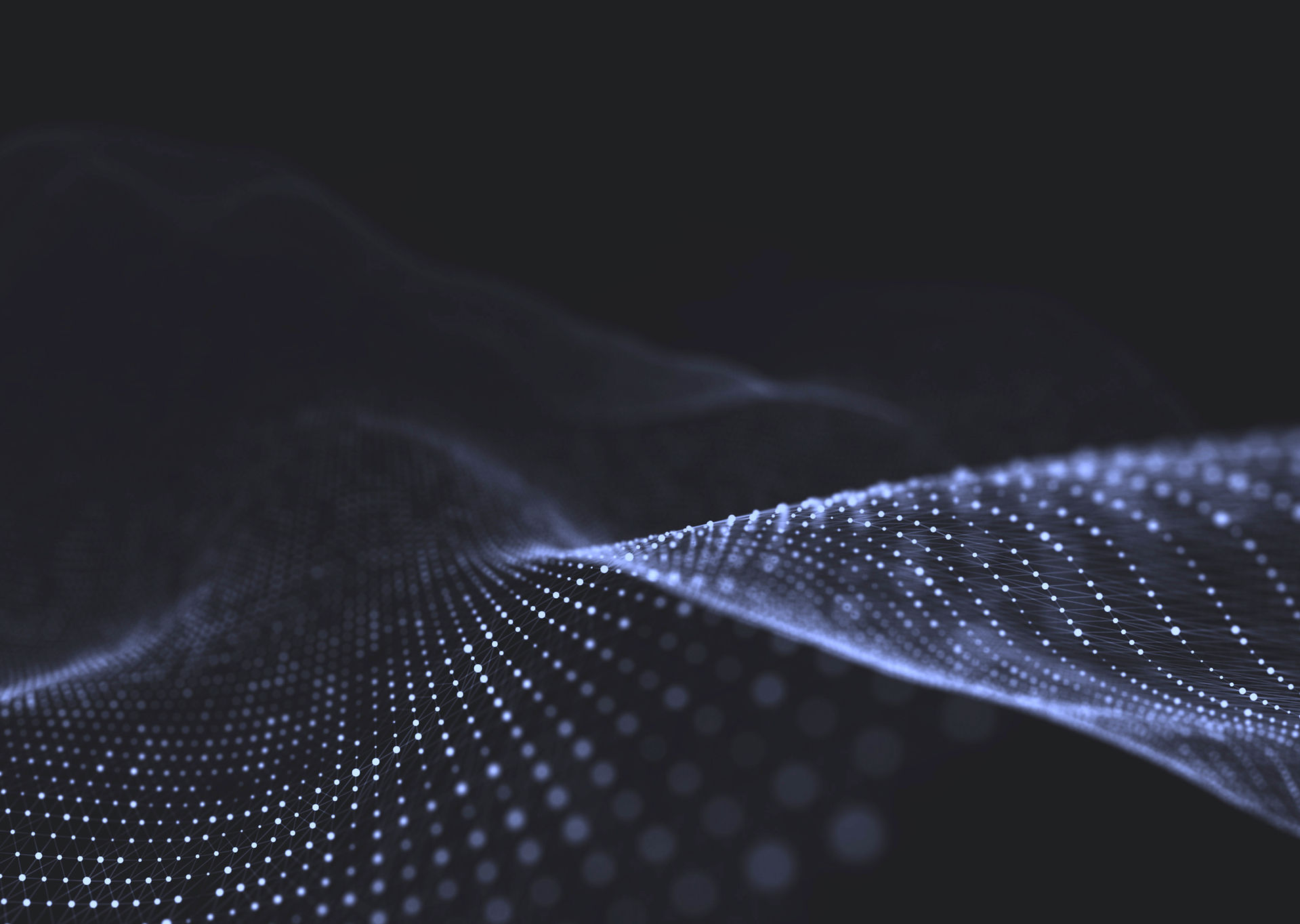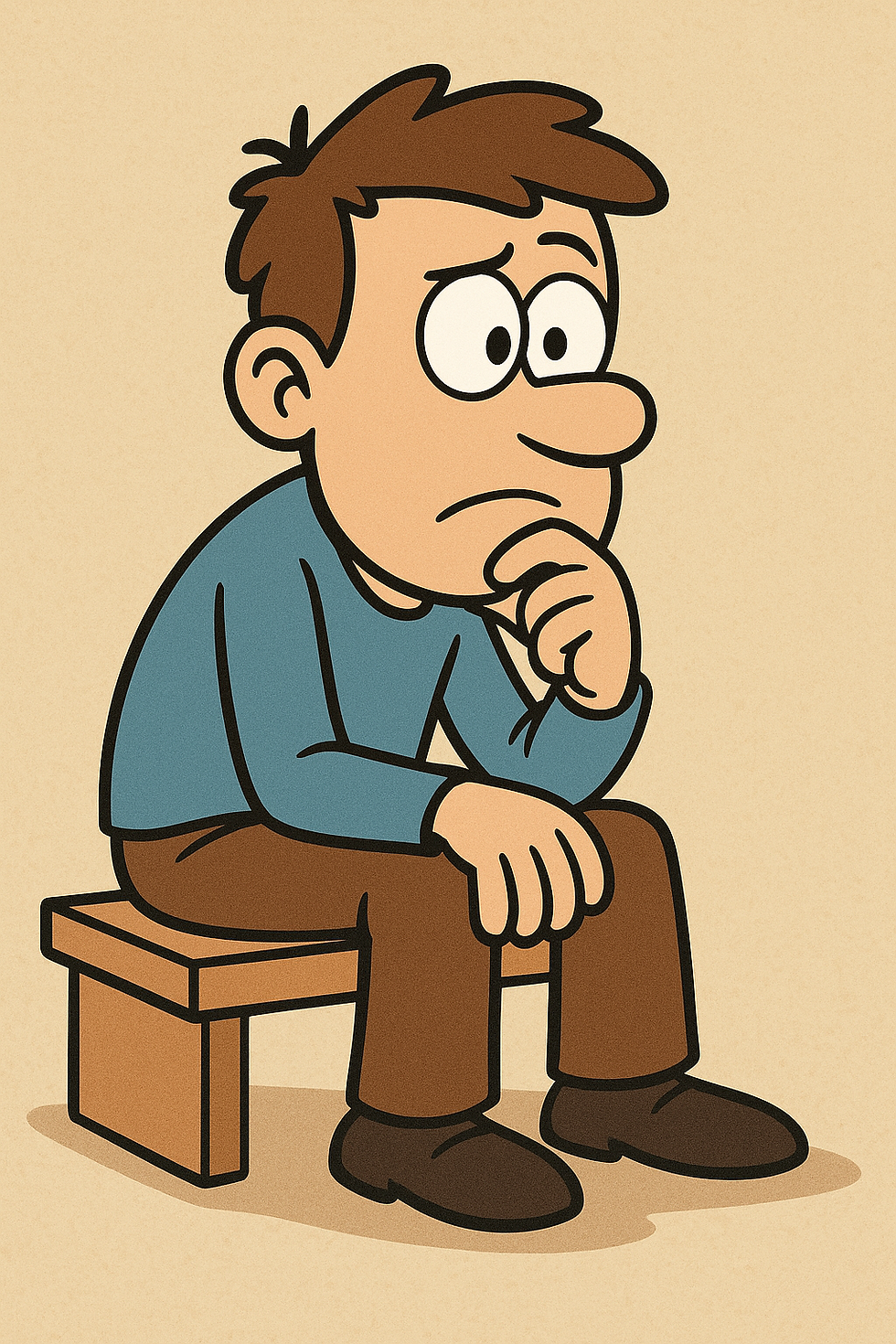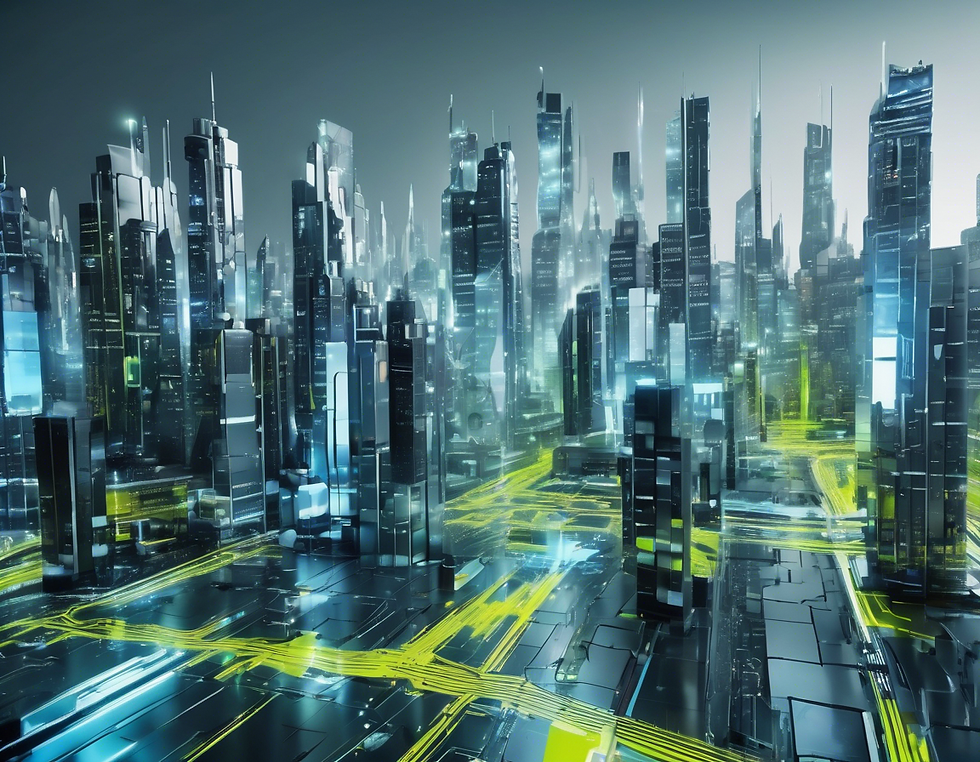The Great AI Experiment: Dependency or Augmentation?
- Andy Neely

- Jul 9, 2025
- 2 min read
Updated: Aug 4, 2025
Reflecting on a speech I gave in Oxford recently, I've concluded that we're living through one of humanity's greatest experiment—and we don't know how it ends.
AI is simultaneously creating two opposing realities. The dependency narrative is already visible: Tesla drivers losing navigation skills, Spotify algorithms knowing our musical taste better than our friends, farmers becoming reliant on John Deere's AI for decisions their predecessors made intuitively. We're witnessing what could be called "cognitive dependency"—humans becoming too dependent on AI's assistance.
But there's an equally compelling augmentation narrative: Doctors using AI diagnostics make better decisions than either doctors or AI alone. Students with personalised AI tutors learn more effectively than traditional methods allow. Engineers using AI design tools create more innovative solutions than purely human approaches.
Here's the uncomfortable truth: The same technology creating dependency in some contexts is enabling augmentation in others. The difference isn't the AI—it's how we design the human-AI interaction.
The jury is genuinely out. We could emerge from this transition as a cognitively enhanced species, with AI amplifying human creativity, judgment, and capability. Or we could become a dependent species, algorithmically optimised but fundamentally diminished.
The outcome isn't predetermined by technology—it's shaped by thousands of design choices happening right now. Every AI service deployed, every algorithm trained, every human-AI interface created is a vote for one future or the other.
The question isn't whether AI will be powerful—it's whether we'll be wise enough to harness that power for human flourishing rather than human diminishment.
We're the architects of this experiment. The results are entirely up to us.





Comments